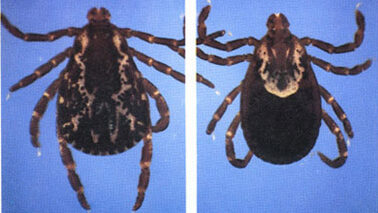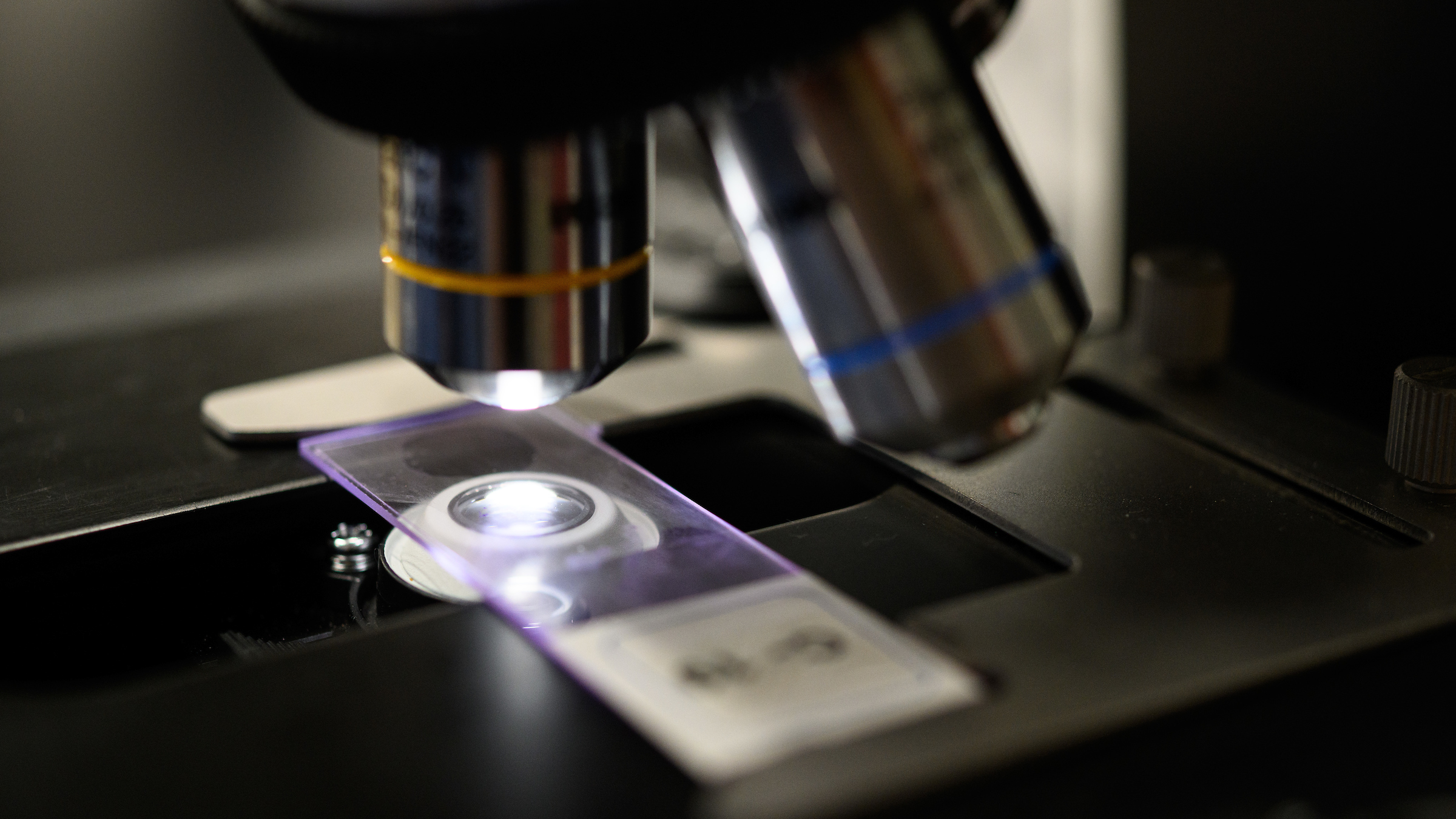Parasitology
Veterinary parasitologists are important in helping to control disease in domestic animals. Agriculture and aquaculture fields especially rely on parasitologists to diagnose and manage parasitic infections in their stocks.
The NC State Veterinary Medicine Veterinary Parasitology faculty members provide instruction, mentoring, diagnostics, consultation, and original discovery for veterinary students; veterinary clients; professional colleagues; industry and commodity groups; state, regional, national agencies; and international agencies. The faculty directly provides the Population Health and Pathobiology Department with a broad range of coverage needed for teaching, service and research regarding helminth, protozoan and arthropod parasites and also provides diagnostic and parasite identification services to the Veterinary Hospital, CVM faculty and staff, state agencies and local veterinarians.
Tick-Borne Diseases

Education
Veterinary parasitology faculty provide direct instruction to DVM students and graduate students. Faculty members also mentor students through summer research projects, experiences in parasitology service laboratories, and experiences in parasitology research laboratories. They are extensively involved the Comparative Biomedical Sciences graduate program, which can also lead to a combined DVM/PhD program. Through this program, veterinary students interested in conducting research and becoming academic clinicians can further their expertise. Graduate students work closely with faculty who direct them in parasitological studies and research including studies focused on immunoparasitology and diagnostic parasitology.
EDUCATIONAL OPPORTUNITIES
Research
Veterinary parasitology faculty members are involved in a variety of research efforts that include projects supported by in-house CVM research funds and those funded by regional, national and international agencies.
Research efforts include:
- Pathogenesis, treatment, and control of the feline flagellate Tritrichomonas foetus.
- Pathogenesis and diagnosis of Babesiosis in dogs.
- Studies of helminth parasites of various wildlife hosts.
- Anthelmintic resistant in equine strongyles.

